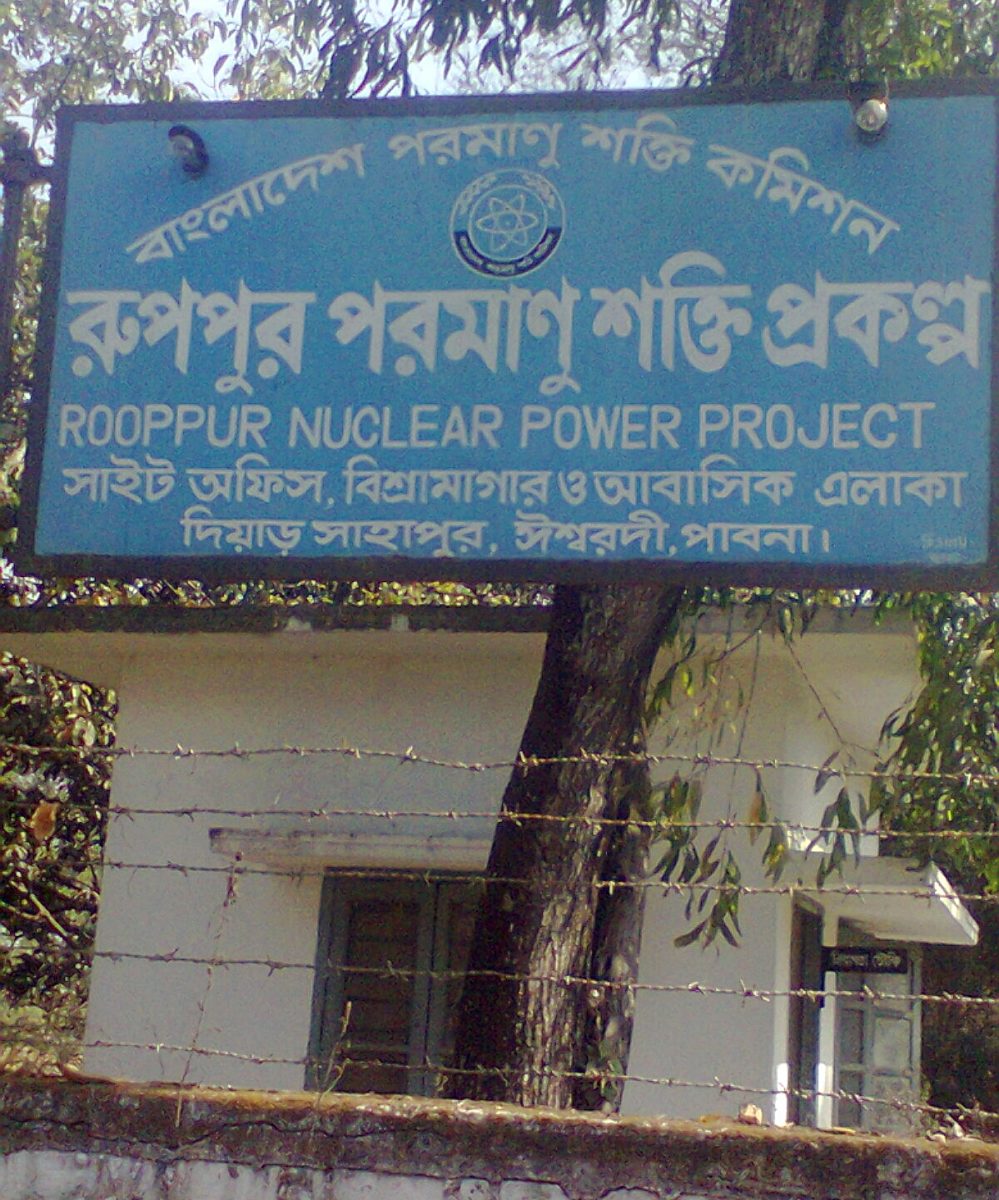The government of Bangladesh is pushing ahead with plans for new nuclear power plants to form the backbone of its energy mix, a strategy that has been criticized by the country's renewable energy industry.
Tawfiq-e-Elahi Chowdhury, energy adviser to the Prime Minister of Bangladesh, said small-sized modular nuclear reactors are available nowadays which can be used for power generation in small plants.
“The main source of clean energy in Bangladesh will be nuclear power,” he said at an event on alternative energy in Dhaka this week.
He said the share of clean energy in the country will rise significantly once several large nuclear power plants currently under construction come online. “There is huge potential of nuclear power in the long run.”
Chowdhury further said densely populated Bangladesh has a shortage of vacant lands suitable for wind or solar. “So, if we can set up solar panels over the rivers and canals that can bring some power for us.”
By 2024 Bangladesh will bring 2.4 GW of nuclear power online, from two plants in Pabna district in the north-west of the country. Installation of first reactor at these projects began on October 10.
However, renewable energy advocates in Bangladesh criticized this strategy as high risk and expensive, and urge the government to follow other countries in focusing on wind and solar as primary sourcers of energy.
Dipal C Barua, president, Bangladesh Solar and Renewable Energy Association said that if there really was scope for nuclear energy to be the main backbone of clean energy, score of other nations would have installed nuclear power plants by now.
Rather, most are now setting up solar, wind, or other kinds of renewable energy based power plants, he pointed out.
Barua, a pioneer in Bangladesh’s pv industry, said the investment requirements, maintenance risks, and also the over dependence on some particular countries for nuclear fuels also should have been taken into consideration before opting to focus on nuclear power.
On the other hand, he said, “in case of solar, wind, and hydro energy, the dependence is only on nature.” “Due to severe price hike of LNG, power generation cost in many countries already gone severely up.”
“The growing rate of efficiency of solar panels and technological improvements gives hope that solar and wind power will be the main source of green power in the future, not nuclear,” said the solar power advocate.
Barua said it is true that Bangladesh lacks adequate land for large-scale solar power plants. “But due to the over population there are a large number of buildings here as well. The rooftops of them can produce huge solar electricity.”
Bangladesh now produces 776 MW of electricity from renewable sources like solar, wind, hydro, biogas, and biomass of which 542 MW alone comes from solar. Earlier this week a report also criticized the Asian Infrastructure Investment Bank for continuing to invest in new fossil fuel projects in the country.
This content is protected by copyright and may not be reused. If you want to cooperate with us and would like to reuse some of our content, please contact: editors@pv-magazine.com.



By submitting this form you agree to pv magazine using your data for the purposes of publishing your comment.
Your personal data will only be disclosed or otherwise transmitted to third parties for the purposes of spam filtering or if this is necessary for technical maintenance of the website. Any other transfer to third parties will not take place unless this is justified on the basis of applicable data protection regulations or if pv magazine is legally obliged to do so.
You may revoke this consent at any time with effect for the future, in which case your personal data will be deleted immediately. Otherwise, your data will be deleted if pv magazine has processed your request or the purpose of data storage is fulfilled.
Further information on data privacy can be found in our Data Protection Policy.